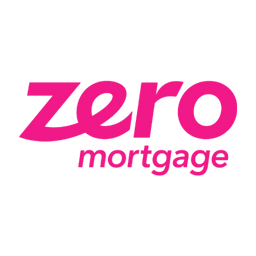If you maximize your home equity, you will have better financial freedom. So when buying a new home as exciting as it is, you may be tempted to rush into it without fully considering its investment potential. Thinking about ways in which to favor your home equity growth can make a big difference.
Home equity is an asset that can be accessed in the future to make big purchases and investments. You could use your home equity as a down payment for another property, renovate your home, buy a car or invest in shares.
What is Home Equity?
Home equity amounts to the difference between your home’s current value and the total amount owing on mortgages. For example, if your home is valued at $150K and you owe the bank $120K, then your equity position is $30K (or 20%).
As a prospective buyer, you can gain some home equity from the start by buying a home that is in a good equity position. For example, if you find a house that is valued at $300K, and is selling at $260K you will gain $40K in equity.
The higher your home equity, the higher your net worth. This money can be used for buying an investment property, consolidating debt or making big credit purchases. You can also use your home equity to apply for a low-interest rate loan.
How to Maximize your Home Equity
You can maximize your home equity by making a few smart choices when buying your home.
1. Buy a House in an Up-and-coming Neighborhood
Up-and-coming neighborhoods are typically located between central downtown and middle-to-high income suburbs. People who live in these areas tend to progress to higher-paying jobs which results in overall income growth.
The value of homes in up-and-coming neighborhoods will increase over time as new shopping malls, parks, and other attractions are built. Your home equity will increase over time as a result of appreciation. This is an effortless way to drive up your home equity.
2. Buy a Home that Needs Some Improvement
By improving your home, you increase its market value. However, setting yourself up to do major renovations is costly as well as time-consuming. In order to be profitable, buy a house that needs minor improvements to increase its overall value – but without breaking the bank.
Look for a house that doesn’t need major plumbing or electrical reworking. Avoid buying a property that would need you to add more than one room or one garage. Some modest renovations include replacing kitchen countertops, investing in new appliances and repainting. There are many other aspects to potentially improve on.
3. Live in your New Home for at Least Five Years
Moving is expensive, even without considering the down-payment of buying a second house. Staying in your new home for at least five years will work in your financial favor.
When you first start paying your mortgage the interest charged is high. Over time the interest will decrease and you will really start chipping about at the principal amount. When you start decreasing the principal amount, your home equity will grow. And of course, moving is expensive as it can involve a lot of legal and admin fees. Staying put for a while will ensure that you at least break even.
Make a good deal for your future self by thinking strategically about home equity before you sign the dotted line. Doing so can set you up to make other investments that will work towards financial security for years to come.










